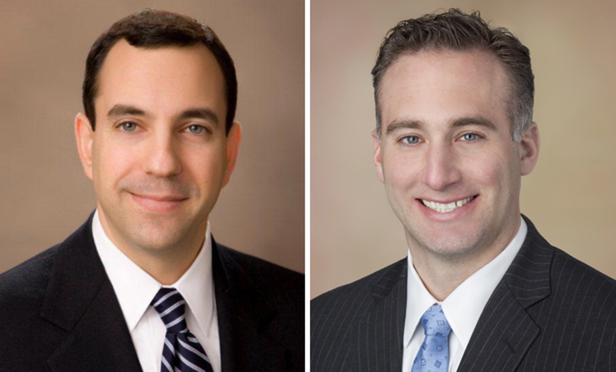Halliburton II, soon to be decided by the U.S. Supreme Court, has sparked speculation about the future of the “fraud on the market” presumption of reliance in private, civil federal securities fraud cases based on affirmative misrepresentations. See Halliburton Co. v. Erica P. John Fund, 134 S. Ct. 636 (2013) (cert. pet. granted; argued March 5, 2014). Commentators have suggested that if the court dispatches that presumption, plaintiffs might fill the void by invoking the so-called Affiliated Ute presumption of reliance—a rebuttable presumption that arises in cases based on material omissions in breach of a duty to disclose. See Affiliated Ute Citizens of the State of Utah v. U.S., 406 U.S. 128 (1972). But plaintiffs will be hard-pressed to invoke the Affiliated Ute presumption by characterizing affirmative misrepresentation claims as omission claims. District courts in the U.S. Court of Appeals for the Second Circuit consistently have rejected that gambit.
Presumption of Reliance
In Affiliated Ute, sellers of securities sued a bank and two bank employees who had facilitated the sale of the securities by, among other things, making a market in the securities and stating in documents necessary to effect the sales that the sellers were receiving market value. The sellers claimed that the defendants violated Section 10(b) and Rule 10b-5 because the defendants knew the sellers were receiving below market value. The district court entered judgment for the plaintiffs following a trial. The U.S. Court of Appeals for the Tenth Circuit reversed because the sellers failed to show that they relied on any “positive representation or recommendation” made by the defendants. Id. at 153-154.



